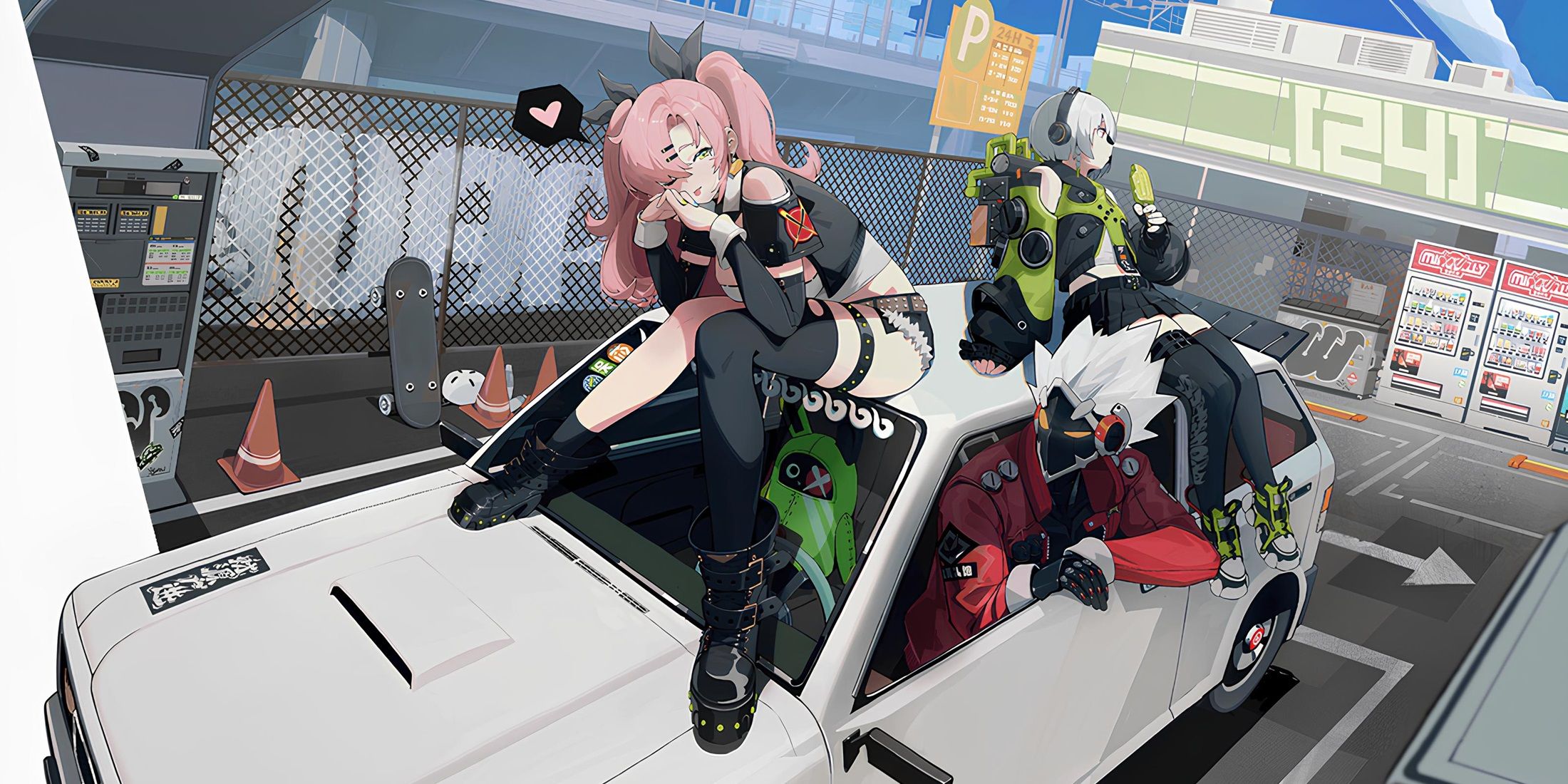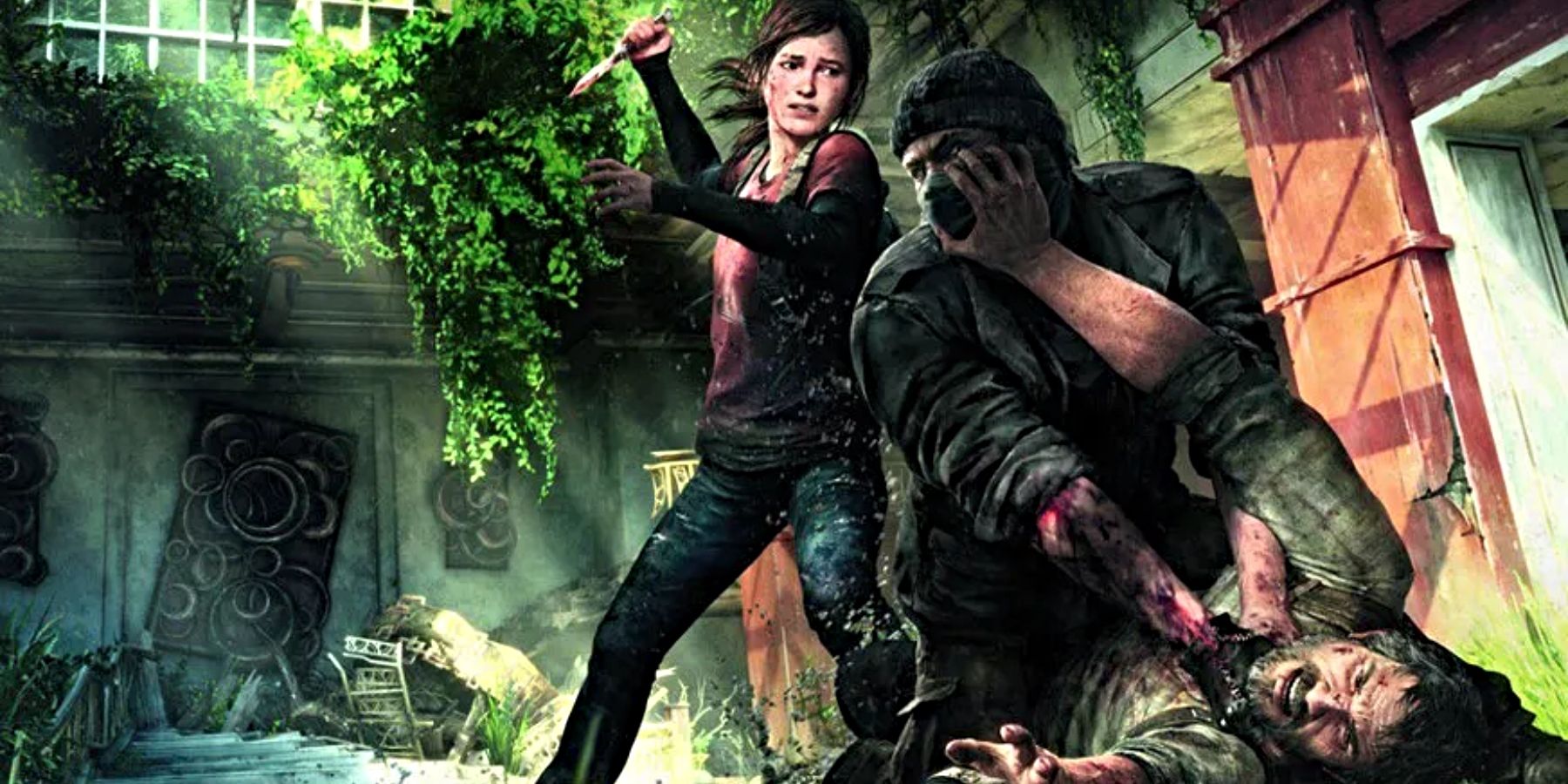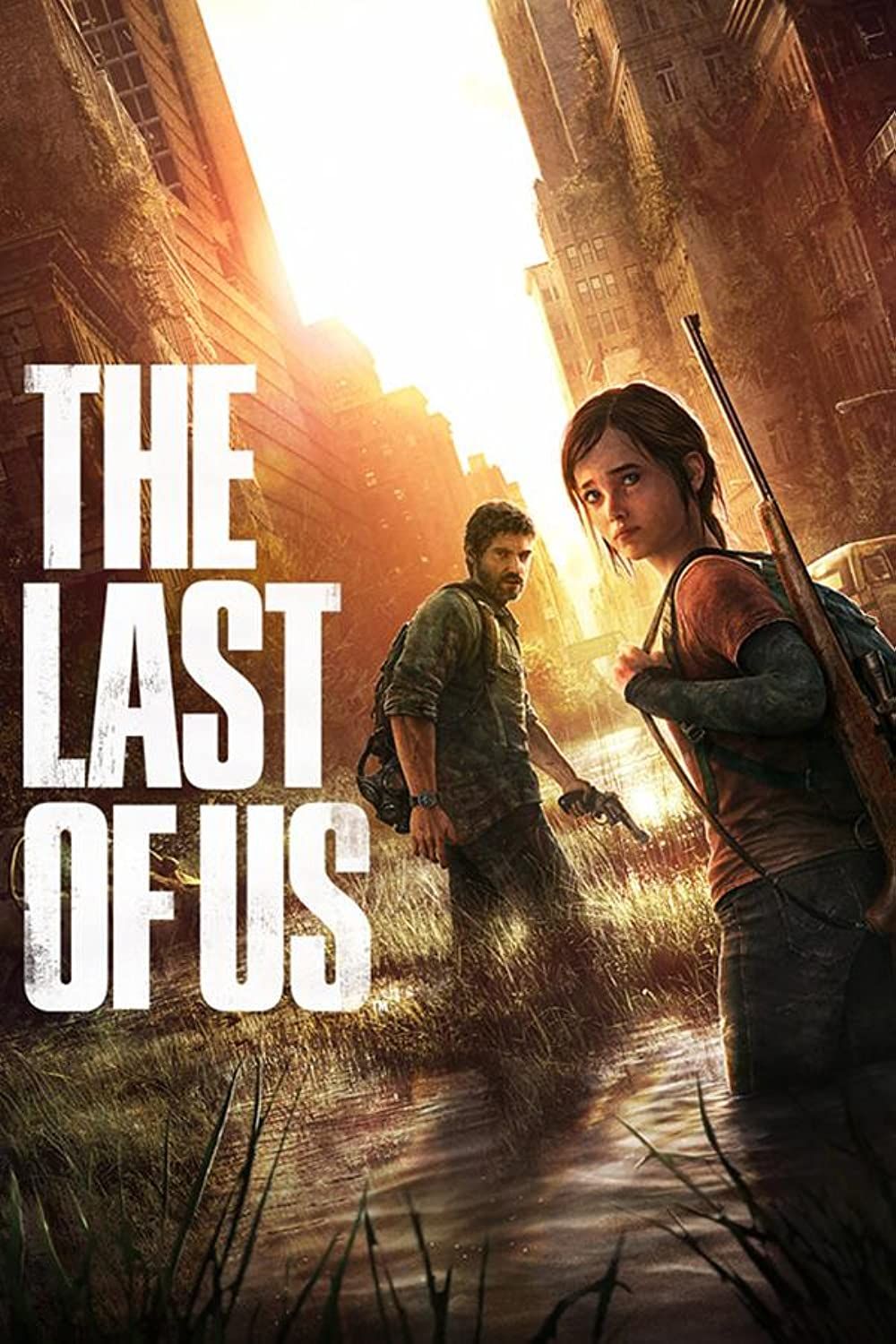Highlights
- The Last of Us broke new ground in the gaming industry with its focus on story and characters, changing the way developers approached game development.
- The unique take The Last of Us has on the post-apocalyptic scenario puts human characters at the forefront, showcasing the worst of humanity as the main threat.
- While The Last of Us explores themes of losing and gaining humanity, future installments could shift focus and show humanity redeeming itself and coming together to eradicate the Infected.
While it might seem a tad hyperbolic, it's true that The Last of Us broke new ground for the gaming industry back in 2013. Narratives had always been present in video games, and stronger ones were growing increasingly prevalent in the mid-late 2000s, but The Last of Us' clear and definitive focus on story and characters above all else changed the way developers made games moving forward.
One of the most special elements of The Last of Us was its unique take on the post-apocalyptic scenario. While the vast majority of post-apocalyptic games at the time usually focused on the world itself and the threats within it, The Last of Us really put its human characters front and center of the narrative. While the Infected remain a constant threat throughout The Last of Us and its sequel, it's humans that get the most screen time, though it might be time for that to change just a little.
It's Time for the Infected to Take Center Stage in The Last of Us
The Infected Haven't Been the Biggest Threat in The Last of Us
Obviously, the Infected play a major role in The Last of Us' universe, being the very reason why the world is the way it is when players take control of Joel in 2033. The mass infection of the Cordyceps virus caused society to crumble, cities to be abandoned, and humanity to become the very worst version of itself. And while Clickers, Stalkers, Bloaters, and Runners are all severe threats in both Last of Us games and the HBO Last of Us show, they aren't nearly as bad as the humans who have survived up until that point.
Whether it's raiders trying to ambush innocent people and steal their supplies, or humans forced to turn to cannibalism in order to survive, or militaristic factions trying to expand their reach into other territories, or religious zealots trying to punish "heretics," The Last of Us' universe is filled to the brim with the absolute worst of humanity. While the Infected can kill, humans can do so much worse, and that's a key part of The Last of Us' storytelling.
Though there are plenty of themes at play in The Last of Us, the most apparent underlying theme beneath it all is the core concept of humanity, both losing it and trying to gain it back. Whether this is Joel losing his daughter and losing himself to a life of violence before finding a surrogate daughter in Ellie, or Abby losing her father and being consumed by vengeance before finding Lev, this theme of humanity runs throughout the very core DNA of The Last of Us franchise.
The Infected Should Be the Focus of the Next Last of Us
But while this theme of humanity is core to The Last of Us, there are other ways it can be used in the series' future. For two entire games now, fans have been routinely subjected to the absolute worst acts that humans can commit to one another, and that point has well and truly sunk in now. While there's definitely a place for gritty and weighty games like The Last of Us Part 2, the series doesn't need to just be relegated to those types of experiences. Instead, the next Last of Us could show a different side of humanity.
Though The Last of Us is definitely about how far humanity can fall, it's equally about how it can redeem itself, and this theme of redemption should be at the forefront of the next Last of Us game. Instead of showing humanity at its very worst, the next Last of Us could have a more hopeful tone, showing humanity coming together to try and rid the world of the Infected once and for all.





